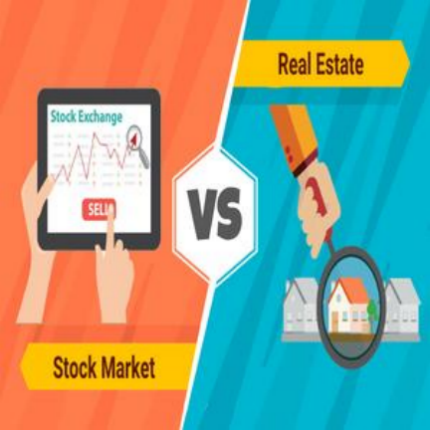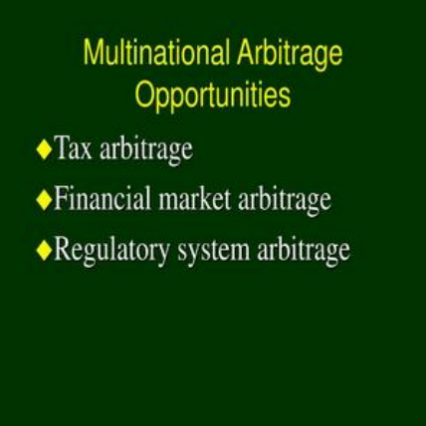Publicly traded stocks provide quick access to cash, but this convenience involves some unexpected downsides. Wealthy investors frequently miss the 2-3% loss when closing significant positions—selling $10 million worth of a mid-cap stock can lower its value before the sale is finalized. On the other hand, private equity presents a balanced option: buying shares in tech companies before they go public, available through platforms for accredited investors, can yield annual returns of 15-20% with planned exit opportunities. These less liquid investments tend to minimize market fluctuations while outperforming the average returns of public stocks, making them a safer choice for those willing to be patient.

Real Estate Beyond Bricks and Mortar
Residential real estate is just the starting point; the real investment opportunities lie in specialized properties. Data centers rented by large tech companies provide annual returns of 8-10% through contracts lasting 15 years—companies like Amazon or Google are reliable. Medical office buildings, linked to the need for healthcare, increase in value by 7% each year, no matter the economy's ups and downs. These investments go beyond mere location; they provide crucial services. Investing $5 million in a life sciences lab complex yields a steady income that beats both stocks and typical commercial real estate.
Tax Arbitrage Opportunities
While stocks can provide capital gains advantages, real estate presents a strategic tax approach. Investors can deduct 3-4% of a property's value each year through depreciation schedules, reducing taxable rental income. For example, a $20 million industrial warehouse could potentially create $1.5 million in paper losses each year, protecting other income from taxes. On the other hand, qualified dividend stocks offer lower tax rates, yet they lack the tax-deferral benefits found in a 1031 exchange, which allows for the exchange of one property for another to postpone capital gains taxes indefinitely. Ultimately, the decision often depends on which tax strategy best fits your overall investment goals.

The Leverage Paradox
Banks have distinct ways of handling stocks and real estate. When it comes to margin loans on stocks, the maximum you can borrow is 50% of their value, and selling may be required during market declines. In contrast, real estate loans can go up to 70% LTV and come with fixed interest rates, even when the market is down, provided that the rental income covers the mortgage payments. For example, if you buy a property worth \(10 million with \)3 million down, you can achieve over 20% returns if the value increases by 10%, thanks to leveraging your investment. Stocks, however, seldom provide this level of structured enhancement. This isn't merely about risk; it revolves around a managed leverage that increases profits without a matching risk of loss.

Lifestyle Integration Factor
Rich investors look beyond just profits—they want things that improve their lives. For example, a vineyard that makes top-notch wine can bring in 12% a year and also serves as a personal getaway. A luxury condo by the beach can earn $50,000 a month but allows for 30 days each year for personal enjoyment. Unlike stocks, which cannot host family events or entertain clients with a private tasting, real estate offers a "lifestyle benefit" that high earners often find more valuable than just financial gains, making it seem like a more dependable option overall.




